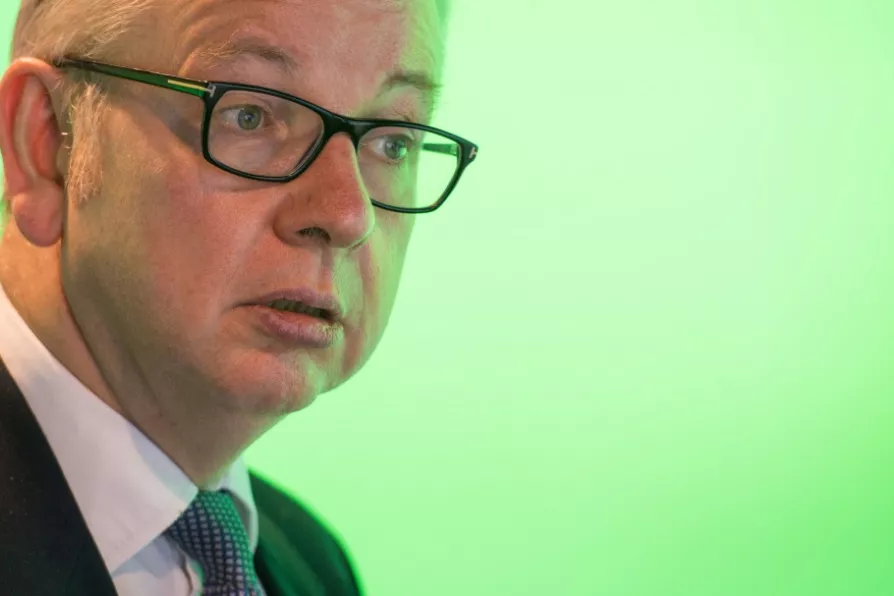The Carpathia isn’t coming to rescue this government still swimming in the mire, writes LINDA PENTZ GUNTER

 Michael Gove, who was treated to an expensive box at the Emirates Stadium at the expense of a Russian-owned firm
Michael Gove, who was treated to an expensive box at the Emirates Stadium at the expense of a Russian-owned firm
RUSSIAN influence in politics? If you believe BBC Newsnight, that means Jeremy Corbyn, shaded red, with a Russian-looking hat and the Kremlin in the background. If you believe the newspapers it means saying Corbyn is an ex-Soviet bloc spy.
Which shows how some media can become bizarrely detached from the real world. Not only was Corbyn not a Soviet spy, the Soviet Union doesn’t exist. It hasn’t existed for 27 years. Russia’s flag isn’t a red banner, it doesn’t have a hammer and sickle. And Vladimir Putin does not lead the Communist Party, he leads the United Russia party.
Lots of people on the left, including Corbyn, are not keen on military conflict with foreign nations, including Russia: but they have no political links to Russia, which has become a thoroughly capitalist country with a fairly authoritarian form of rule and a lot of super-rich oligarchs.















